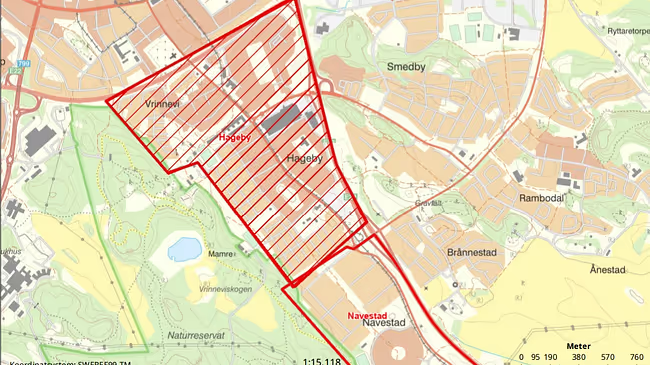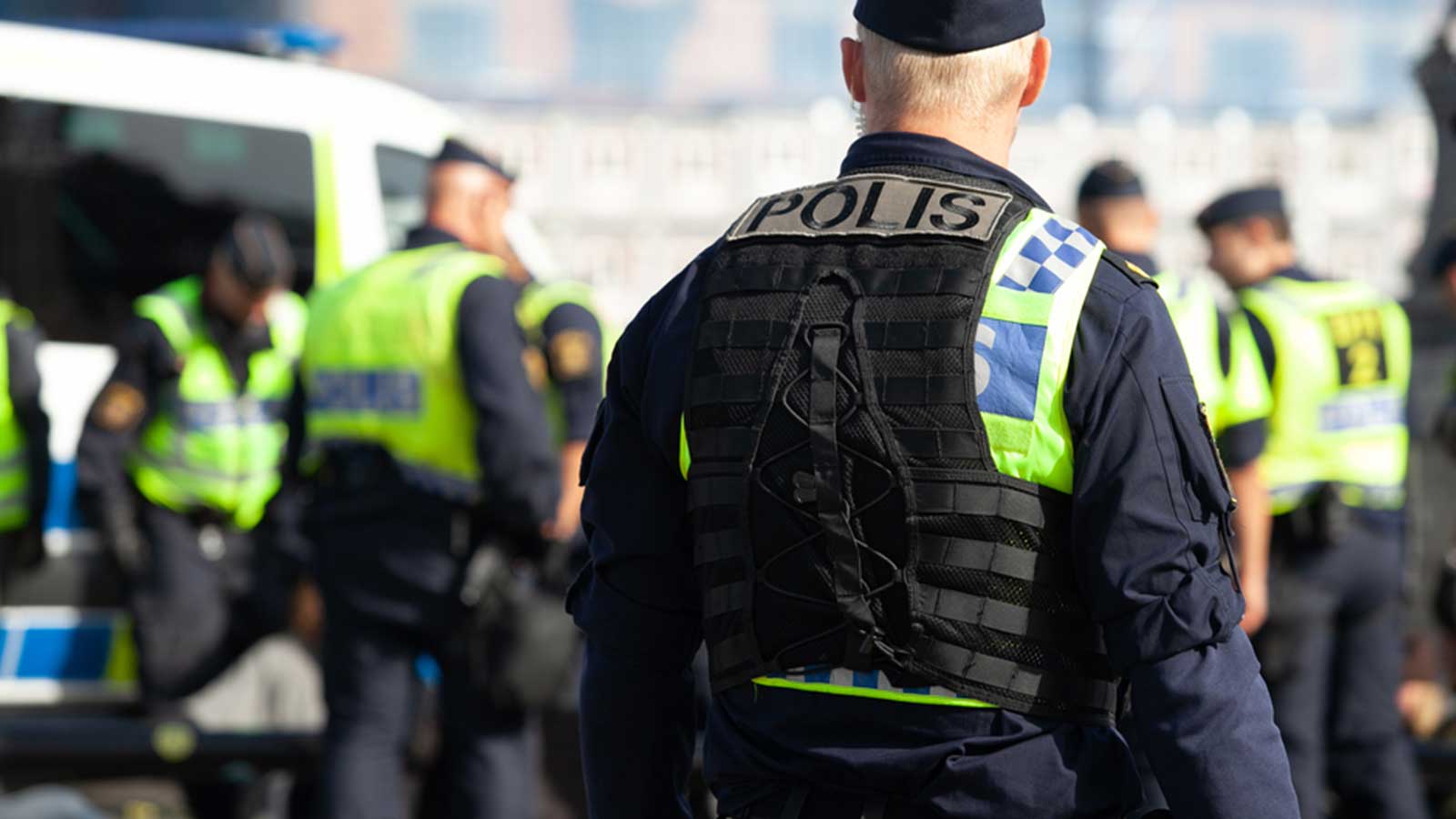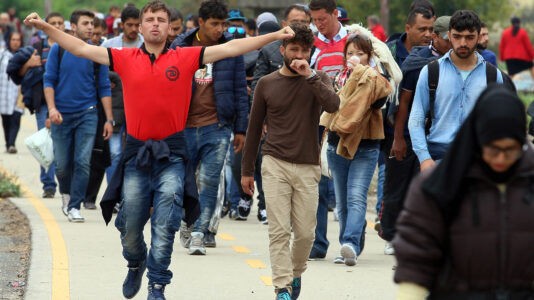Swedish police have introduced the first “stop-and-frisk-zone” in the country’s history, giving officers the power to search any individual or vehicle without the need for reasonable suspicion.
The draconian measure is in response to a double shooting on Monday evening in the Hageby residential district of Norrköping, a city southwest of Stockholm. Two men were pronounced dead at the scene.
As of Wednesday, the authorities are introducing what is also known as a security zone or visitation zone in the area as officers continue to hunt for perpetrators. A man in his 20s has already been arrested on suspicion of murder.

It is understood the police are holding a press conference later on Tuesday to explain the new powers available to them after the law was passed in April this year to help crack down on rampant gang crime.
It is the first time the law will be implemented anywhere in Sweden.
“The aim is to increase security and make it more difficult for criminals to prepare and carry out violent crimes,” a police statement read.
Monday’s double murder was the latest in a long line of serious crime fuelled by a dramatic rise in gang warfare across the Scandinavian country in recent years.
The police were alerted to a residential apartment building in the district shortly after midnight following reports of gunshots.
“I moved here a month ago. Now, I’m already looking for an apartment elsewhere,” one resident told the SVT broadcaster.
Pauline, another resident, said she was considering installing bulletproof glass in her apartment to protect her children.
“Now I’m starting to think about whether I should put protective glass on my windows. If it’s going to keep exploding, I might have to invest in bulletproof glass, both for my kids and myself,” she said.
District prevention officers have been deployed throughout the area to provide support for residents struggling with the dramatic deterioration in security throughout their neighborhood.
“It no longer seems to come completely unexpectedly, but instead a sense of resignation spreads,” one such officer, Lilli Rubino, said.
A police report published in March this year revealed some 62,000 people in Sweden are connected to criminal gangs. To put this into perspective, consider that Sweden is a small country with only 10.4 million people.
“We are talking about system-threatening crime with a large capacity for violence that silences witnesses, threatens social workers, and infiltrates authorities and political parties,” Justice Minister Gunnar Strömmer said at the time. “In the long run, the criminal networks threaten our free and open society.”
Last month, an 18-year-old Iraqi migrant was detained in Sweden on suspicion of murdering Mikael Janicki, a Polish national who was shot dead in front of his 12-year-old son as they were cycling towards a swimming pool in southern Stockholm last month.
Similarly, three Afghan nationals from the same family were arrested in Sweden on suspicion of murdering their 25-year-old female relative in an “honor killing” before burning and dumping her body in the woods.






